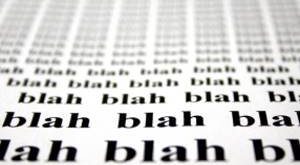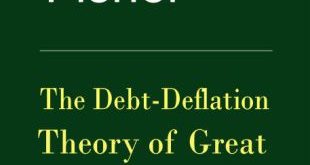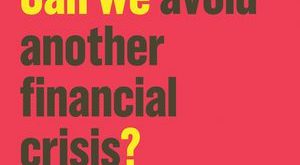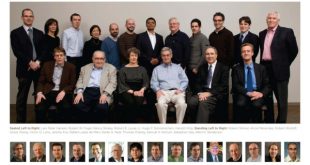Blah blah blah economics A key part of the solution to the identification problem that Lucas and Sargent (1979) seemed to offer was that mathematical deduction could pin down some parameters in a simultaneous system. But solving the identification problem means feeding facts with truth values that can be assessed, yet math cannot establish the truth value of a fact. Never has. Never will. In practice, what math does is let macroeconomists locate the FWUTVs...
Read More »IPA’s weekly links
Guest post by Jeff Mosenkis of Innovations for Poverty Action. Chris Blattman had a nice interview with Stephen Ladek of the Terms of Reference podcast (iTunes). Chris talked about his approach to what RCTs are good for – less about that specific program but more about testing our assumptions behind the mechanism through which something might work. They also get into how he got started studying conflict and resolution (because someone offered to let him borrow some Land Rovers), but why he’s...
Read More »Does truth matter in economics?
Does truth matter in economics? In my view, scientific theories are not to be considered ‘true’ or ‘false.’ In constructing such a theory, we are not trying to get at the truth, or even to approximate to it: rather, we are trying to organize our thoughts and observations in a useful manner. Robert Aumann What a handy view of science. How reassuring for all of you who have always thought that believing in the tooth fairy make you understand what happens to...
Read More »Why diversity trumps ability
Why diversity trumps ability [embedded content] Advertisements
Read More »Lump to live — the rationale for categorical models
Lump to live — the rationale for categorical models [embedded content] Great lecture by one of my favourite lecturers — Scott Page. Advertisements
Read More »Kruskal’s algorithm (student stuff)
Kruskal’s algorithm (student stuff) [embedded content] Advertisements
Read More »Debt deflation and liquidity traps
Debt deflation and liquidity traps Deflationary policies are deflationary. To a large extent deflations have been caused by tight monetary and fiscal policies pursued by central banks. With a defensive fiscal policy and a targeted inflation rate set at a very low level, real inflation easily turn negative. Another consequence of austere fiscal and monetary policies is that overall unemployment get stuck at a high level. This is deeply worrying, especially...
Read More »Why we can’t avoid another financial crisis
Why we can’t avoid another financial crisis If there’s anything the last decade has shown us, it is that mainstream economists have gone astray in their tool shed. Mainstream neoclassical economics has contributed to causing today’s economic crisis rather than to solving it. So we are in dire need of rethinking economics. An important building block in working out a new — more realist and relevant — economic theory, is Hyman Minsky’s thoughts on the...
Read More »Monetary Policy and the Punch Bowl: The Case for Quantitative Policy and Wage Growth Targeting
Federal Reserve Chairman William McChesney Martin famously declared that the Federal Reserve “is in the position of the chaperone who has ordered the punch bowl removed just when the party was really warming up.” This paper uses the punch bowl metaphor to analyze how the Federal Reserve can improve monetary policy so as to deliver [...]
Read More »What happens when a small and dangerous sect captures the teaching of economics
What happens when a small and dangerous sect captures the teaching of economics The fallacy of composition basically consists of the false belief that the whole is nothing but the sum of its parts. In the society and in the economy this is arguably not the case. An adequate analysis of society and economy a fortiori can’t proceed by just adding up the acts and decisions of individuals. The whole is more than a sum of parts. This fact shows up when...
Read More » Heterodox
Heterodox





